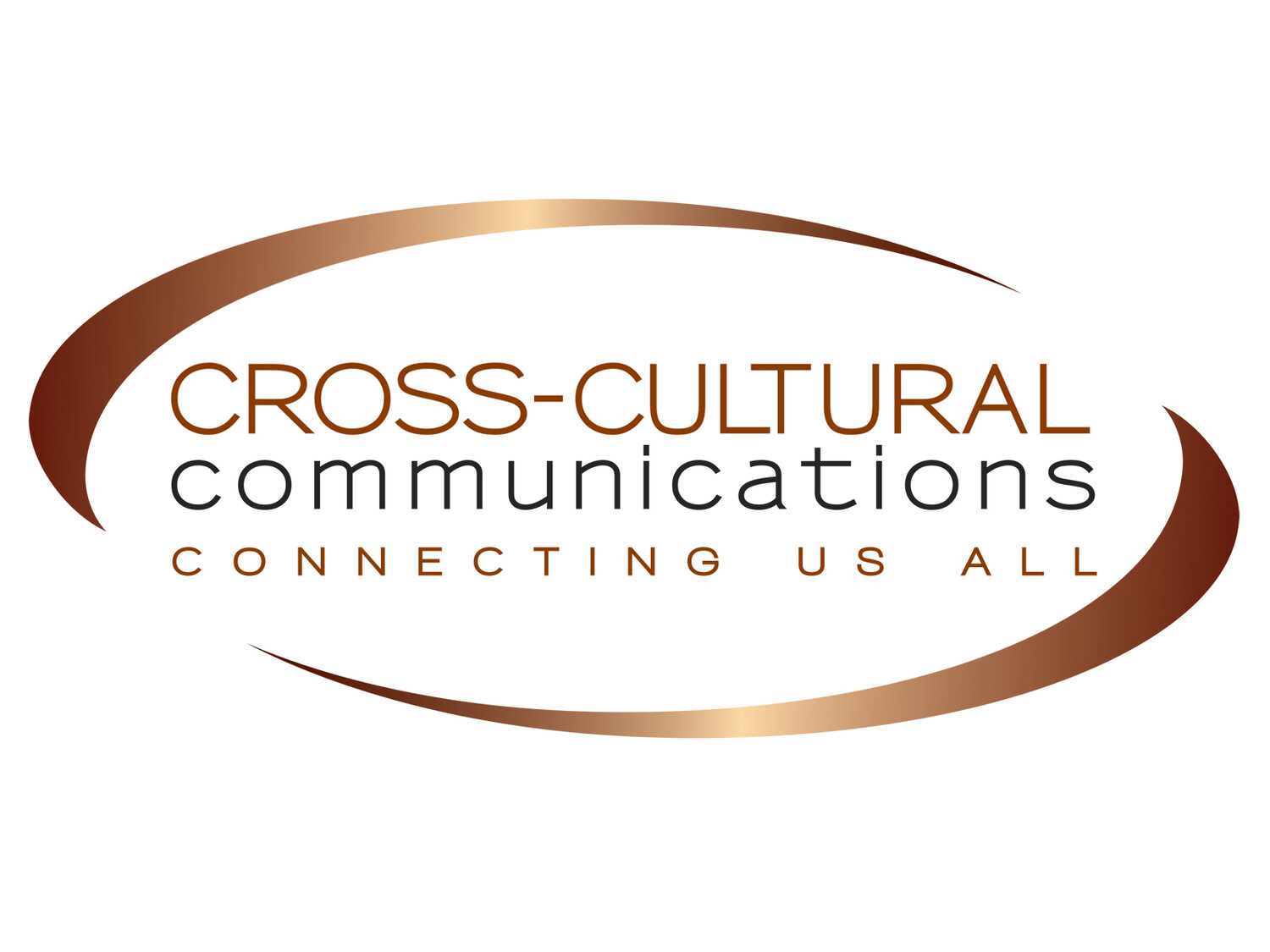Online tools to make your job easier!
We hope you find the following online resources useful. Included are glossaries and search engines, as well as downloadable books, reports and videos. We try to keep this list relevant, especially for community interpreters, so if you have a favorite resource please share it with us!
BITRA stands for bibliography of interpreting and translation from the department of translation and interpreting at the Universidad de Alicante. It contains over 6,000 entries.
EUR-Lex provides free access in the 24 official European Language (EU) languages to the Official Journal of the EU, EU law, preparatory acts, EU case-law, International agreements, EFTA documents, and other public documents.
IATE is the EU's multilingual term base, which stands for Interactive Terminology for Europe.
Le conjugueur is a website and mobile phone app that allows you to search the conjugation of every verb in French in all tenses, as well as synonyms, word definition, grammar rules, and similar conjugation for other verbs.
Lexicool is an online dictionary search engine that currently has links to over 3500 bilingual and multilingual dictionaries and glossaries.
Linguee is a directory and search engine for translations. It includes English, German, French, Spanish, Italian, Portuguese, Russian, Japanese and Chinese. It provides different examples of the word being searched for, in different contexts as well as translations of acronyms.
The IMIA Terminology Resource Database includes glossaries, dictionaries, terminology databases, anatomy atlases, nomenclatures, thesauri, lexicons, vocabularies, manuals, encyclopedias and other word-based documents in the fields of medicine and healthcare in various languages. The material referenced includes books, CDs, web pages and videos.
MedlinePlus is the National Institutes of Health's web site for patients, their families and friends. Produced by the National Library of Medicine, it is a free resource that includes information about diseases, conditions and wellness issues in languages other than English.
Healthy Roads Media is a source of health information in many languages and multiple formats, including both free and low-cost videos.
Health Information Translations provides education resources in multiple languages for health care professionals and others to use in their communities.
The Languages of Limited Diffusion Workgroup has compiled a list of resources designed to support trainers working with interpreters of languages of limited diffusion.
The Migration Policy Institute's (MPI) Language Access area provides resources on testing and training volunteer interpreters, language access implementation and data on Limited English Proficient (LEP) populations.
The Merck Manuals website provides translations of the Merck Manuals in almost 20 languages. Merck Manuals are specialized medical and scientific publications.
The National Institutes of Health (NIH) provides a wealth of medical information in English and Spanish.
Health Care Interpreter Network (HCIN) maintains a resource library of policies, legislation, white papers, announcements and other information. HCIN Learn provides online training for medical interpreters.
The National Consortium of Interpreter Education Centers (NCIEC) aims to expand and enhance the effectiveness of the interpreting workforce through education and professional development services and resources offered regionally and nationally. The website includes many free, downloadable resources for ASL and trilingual interpreters (ASL/Spanish/English).
The United Nations Terminology Database is a multilingual terminology database maintained jointly by the main duty stations and regional commissions of the UN systems. Includes French, Spanish, Russian, Chinese, Arabic, Portuguese and German.

